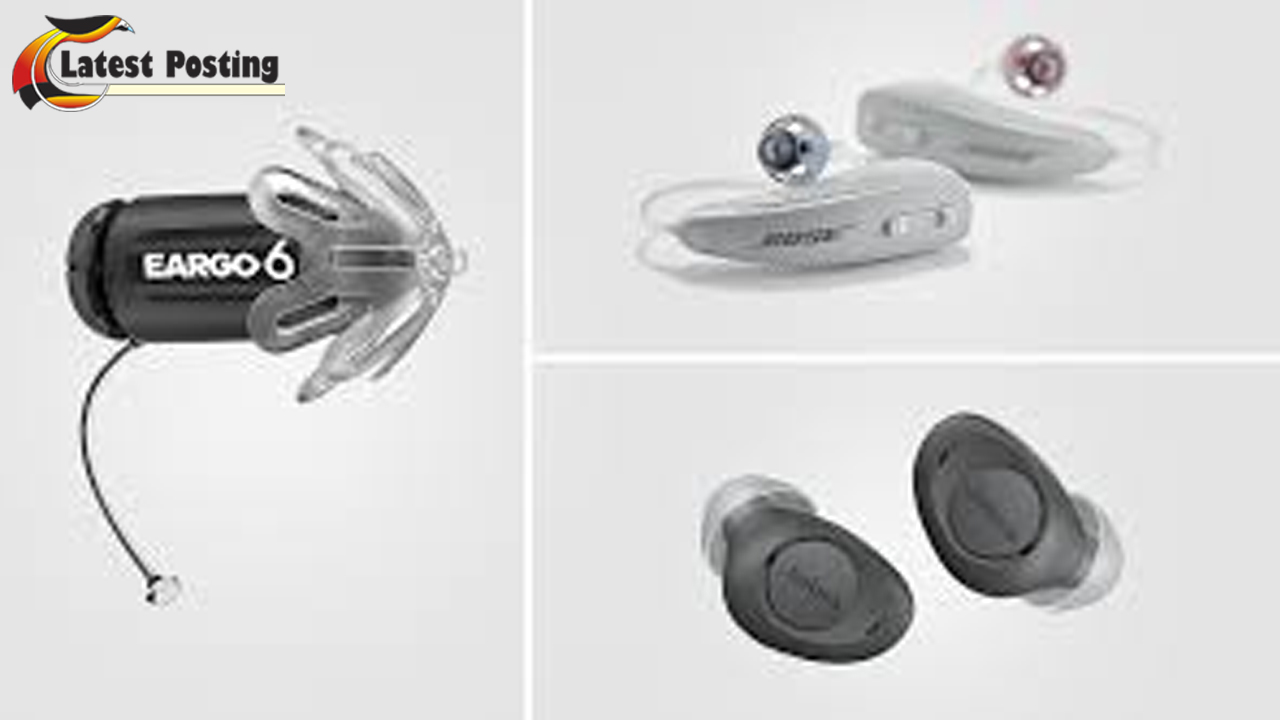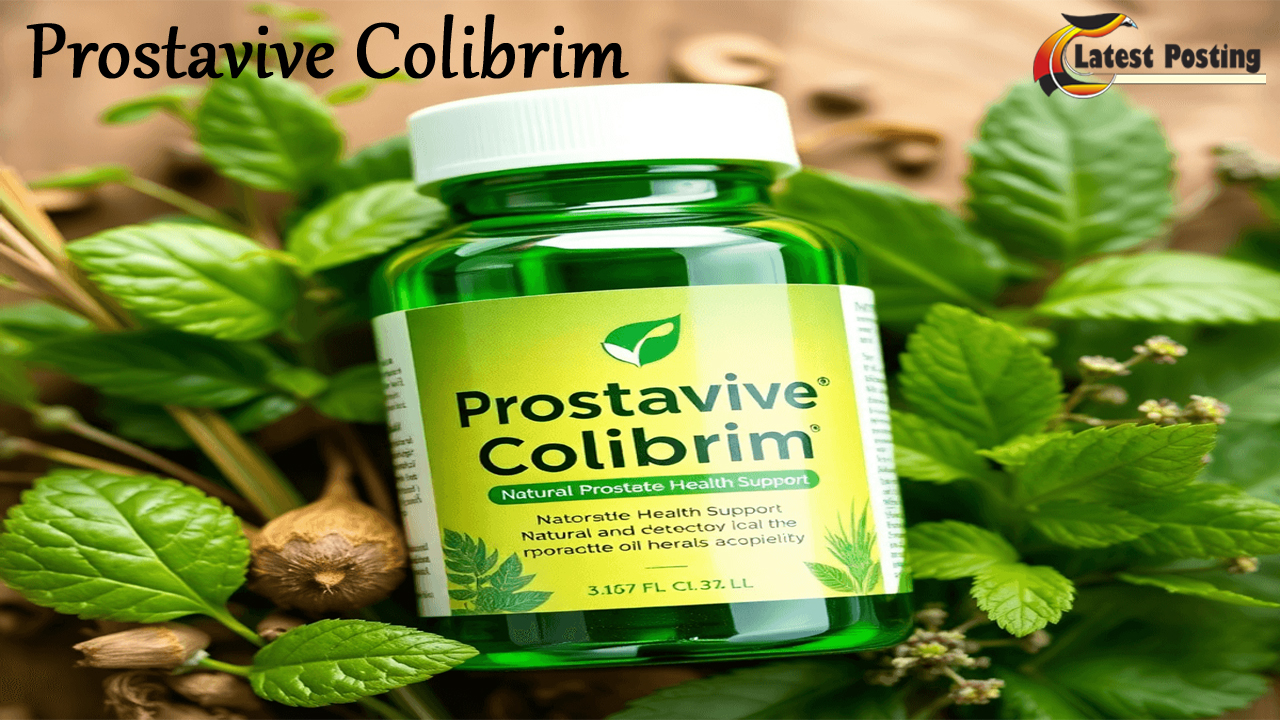Hearing loss affects millions worldwide, and traditional hearing aids can be prohibitively expensive. However, over-the-counter (OTC) hearing aids are now revolutionizing access to affordable hearing solutions. This article will cover everything you need to know about OTC hearing aids, from their benefits and regulations to choosing the right product for your needs.
What are OTC Hearing Aids?
OTC hearing aids are hearing devices designed for adults with mild to moderate hearing loss, available for purchase without a prescription. Unlike traditional hearing aids, which require an audiologist or specialist to fit and program, OTC hearing aids are designed for ease of use and are accessible directly to consumers through retail or online stores.
These devices are ideal for individuals experiencing mild difficulties in hearing conversations or certain sounds in daily life. While they may not address severe hearing loss, OTC hearing aids can make a significant difference for those with moderate needs.
Why Choose OTC Hearing Aids?
OTC hearing aids offer several benefits:
- Affordability: Traditional hearing aids can cost thousands of dollars. OTC options are generally more affordable, ranging from a few hundred to around a thousand dollars.
- Accessibility: OTC devices eliminate the need for specialist appointments, providing a convenient way to improve hearing for individuals who may not have easy access to audiologists.
- Flexibility: OTC hearing aids are often adjustable, allowing users to fine-tune the sound settings to their preference without the need for professional assistance.
How Do OTC Hearing Aids Work?
OTC hearing aids amplify sounds to improve hearing ability, similar to traditional hearing aids. However, they are typically simpler, with fewer customizable features. Most OTC models are “self-fitting,” meaning they allow users to set the volume and sound profile on their own. These devices use small microphones to pick up sound, then amplify and deliver it through a small speaker in the ear.
Many OTC hearing aids include features such as:
- Directional microphones: To focus on sounds in front of the user and reduce background noise.
- Volume controls: Users can adjust the volume to suit their comfort and environment.
- Bluetooth connectivity: Some models allow for connection to smartphones or other devices for streaming audio directly to the hearing aid.
- App control: Many newer OTC hearing aids come with smartphone apps for easier setup and adjustments.
Regulations and Safety of OTC Hearing Aids
In 2017, the U.S. FDA (Food and Drug Administration) introduced a law allowing OTC hearing aids to be sold without a prescription. This regulatory change became fully active in 2022, paving the way for more products to enter the market, as well as lowering prices due to increased competition.
OTC hearing aids are regulated by the FDA, ensuring that they meet basic safety and performance standards. This regulation provides consumers with a level of protection, ensuring that OTC hearing aids are safe and effective for mild to moderate hearing loss.
Choosing the Right OTC Hearing Aid
Selecting the best OTC hearing aid depends on several factors, including your level of hearing loss, lifestyle, and budget. Here are a few key considerations:
- Sound Quality: Look for a device with clear, natural sound quality. Reviews and professional tests can help determine the sound quality of different models.
- Comfort and Fit: Since OTC hearing aids are self-fitting, choose a model that feels comfortable in your ear and offers various ear tip sizes.
- Features: Depending on your needs, you might prefer models with Bluetooth connectivity, app control, or directional microphones for noise reduction.
- Battery Life: Battery life is important for daily use. Some devices use rechargeable batteries, while others use disposable ones, so choose based on your preference and convenience.
- Warranty and Return Policy: Reputable OTC hearing aid brands offer warranties and flexible return policies, allowing you to test the product without committing right away.
Popular OTC Hearing Aid Brands
Some reputable brands leading the way in OTC hearing aids include:
- Jabra Enhance: Known for user-friendly, app-controlled devices with high sound quality.
- Lexie Hearing: Offers affordable options with Bluetooth functionality and self-adjusting settings.
- Eargo: Offers nearly invisible, rechargeable hearing aids designed for comfort and ease of use.
- Sony and Bose: These well-known electronics brands recently entered the OTC hearing aid market, offering high-quality, self-fitting models with excellent sound clarity.
Advantages and Limitations of OTC Hearing Aids
Advantages
- Cost-effective: OTC hearing aids can cost significantly less than traditional hearing aids.
- Convenience: Available without a prescription, making them accessible to a broader population.
- Control: Users have control over their hearing settings, allowing for adjustments as needed.
Limitations
- Limited customization: While some models offer self-adjustment, they may not provide the personalized settings that an audiologist can offer.
- Not suitable for severe hearing loss: OTC hearing aids are primarily for mild to moderate hearing loss. Those with severe hearing issues may still need professional hearing aids.
- Fit and comfort: Without professional fitting, some users may find OTC hearing aids less comfortable, especially for extended wear.
OTC Hearing Aids vs. Traditional Hearing Aids
| Feature | OTC Hearing Aids | Traditional Hearing Aids |
|---|---|---|
| Prescription Needed | No | Yes |
| Cost | Lower (hundreds to ~$1000) | Higher (up to several thousand) |
| Customization | Basic self-adjustments | Full customization by audiologist |
| Accessibility | Buy online or in-store | Purchase via specialist clinics |
| Target Hearing Loss | Mild to moderate | Mild to severe |
Conclusion
OTC hearing aids are making significant strides in the hearing aid industry by providing affordable, accessible solutions for millions with mild to moderate hearing loss. As technology and options continue to improve, consumers will find a growing selection of quality OTC hearing aids that fit their lifestyles and budgets.
If you’re experiencing mild to moderate hearing loss, trying an OTC hearing aid might be the first step toward improved hearing and quality of life. Remember, however, that if your hearing loss is more severe, a visit to a professional audiologist is advisable for more advanced hearing aid options tailored specifically to your needs.
AIPRM – ChatGPT Prompts
Output in Default language Deutsch English Español Français Italiano Português Polski Українська ————— Af Soomaali Afrikaans Azərbaycan dili Bahasa Indonesia Bahasa Malaysia Bahasa Melayu Basa Jawa Basa Sunda Bosanski jezik Català Čeština Chichewa Cymraeg Dansk Deutsch Eesti keel English English (UK) English (US) Español Esperanto Euskara Français Gaeilge Galego Hrvatski jezik isiXhosa isiZulu Íslenska Italiano Kiswahili Kreyòl Ayisyen Kurdî Latīna Latviešu valoda Lëtzebuergesch Lietuvių kalba Magyar Malagasy Malti Māori Nederlands Norsk O’zbek tili Polski Português Română Sesotho Shqip Slovenčina Slovenščina Suomi Svenska Tagalog Tatarça Türkçe Việt ngữ Yorùbá Беларуская мова Български език Кыр Қазақ тілі Македонски јазик Монгол хэл Русский Српски језик Тоҷикӣ efault Emotional _________Upgrade for more Writing Style Default Poetic _________Upgrade for more Continue — Select an action — Clarify Exemplify Expand Explain Rewrite Shorten _________Upgrade to activate




